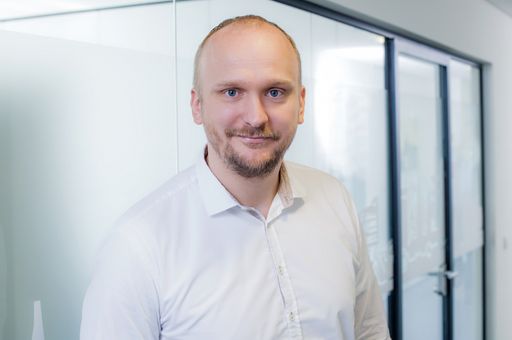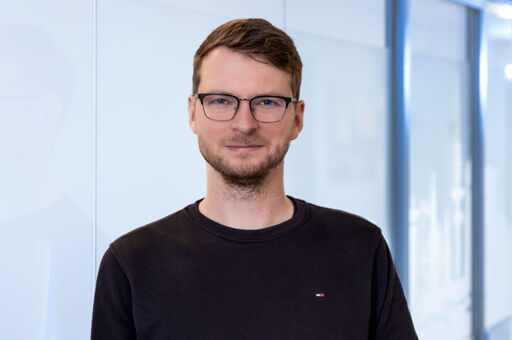The environmental organisation Deutsche Umwelthilfe (Environmental Action Germany) had already reported in April that “poor collection of e-waste and spent batteries exacerbates dependence on raw materials“: “The Deutsche Umwelthilfe (DUH) and the NRW Consumer Centre of North-Rhine Westphalia (VZ NRW) criticize the insufficient customer information provided by retailers on the collection of electronic waste and spent batteries. Improper disposal results in the loss of valuable raw materials such as nickel, aluminium and copper, much of which must be imported from abroad. For this reason, DUH and the NRW Consumer Centre are calling upon Environment Minister Steffi Lemke to extend statutory information obligations for retailers, information campaigns financed by manufacturers, and more consumer-friendly formal documentation.”
Russia is one of the main exporters
“Nickel, aluminium and copper are extracted with immense environmental impact and are currently more expensive than ever. Russia is one of the principal exporters of these raw materials. In the current situation, we must prevent raw material dependencies as far as possible. It is simply unacceptable that not even half of equipment batteries and electronic waste in Germany are properly collected and recycled. In order for collection rates to improve, Federal Minister Steffi Lemke must tackle the amendment of the Electrical and Electronic Equipment Act, thus obliging manufacturers to set significantly more money aside for educational campaigns,” says Barbara Metz, DUH’s Federal Managing Director.
Circular economy as a guarantor of resource availability
Recyclers are also pushing for expansion of manufacturer responsibility, as reported by the Recycling Magazine: “Europe must become less dependent on raw material imports. Whereas this realisation is not new, current events make it more tangible than ever,” said bvse association head Eric Rehbock in explaining the situation. Dr Bettina Hoffmann, Parliamentary State Secretary at the Federal Environment Ministry, agreed: “Designing a living circular economy is a guarantor for consistent availability of resources in Europe as a business location. A secure and independent supply of energy and raw materials is also a matter of national security. Valuable raw materials must find their way back into the cycle.“
Join the take-back system now!
If you have any questions on this topic or if you and your company would like to contribute to the conservation of raw materials and take back old equipment or are legally obliged to do so, Magdalena Barylska from take-e-way will be glad to assist you. Please call +49/40/750687-125 or send an e-mail to consulting@take-e-way.de.

